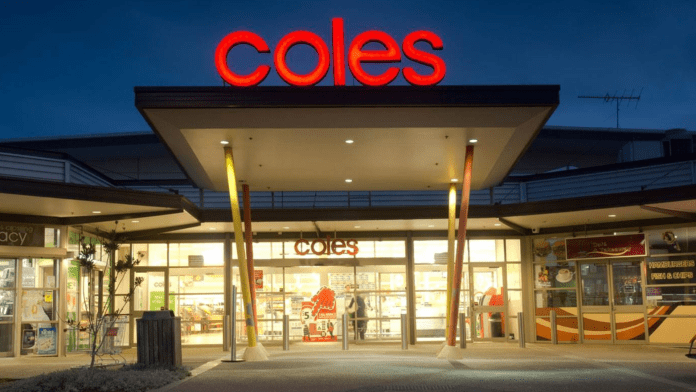The Australian Competition and Consumer Commission (ACCC) has given its approval to the proposed acquisition of two milk processing plants by the national retailer Coles Group. These plants are currently owned by the Canadian dairy giant Saputo.
The decision from the competition watchdog, initially expected in September, faced a delay as feedback from all concerned “parties” expressing concerns about the Coles-Saputo transition had not been received.
In April, Coles, the second-largest supermarket chain in Australia, initially indicated its intention to acquire the two plants owned by Saputo.
The proposal involved acquiring the sites in Erskine Park, New South Wales, and Laverton, Victoria, for a total of C$95 million ($70.2 million).
Up to this point, Coles has had its milk processed by Saputo at the Erskine Park and Laverton facilities. Following the acquisition, Coles will take over the processing of raw milk at both plants.
In a statement released in July, the ACCC noted that a primary concern raised by significant stakeholders was the potential impact of the acquisition on the retail group’s “bargaining position in the dairy supply chain.”
Concerns were also expressed regarding the possibility that the acquisition could lead Saputo to exit the raw milk market in New South Wales entirely, resulting in a reduction in the number of raw milk buyers.
“We acknowledge the strong concerns raised by some dairy industry participants about Coles’ acquisition of milk processing facilities,” ACCC deputy chair Mick Keogh said in a statement on the decision.
He added, “We explored the industry’s concerns very closely through discussions with farmers and their representative bodies, and conducted a detailed review of Saputo and Coles’ internal documents and their incentives.
“After careful consideration, we concluded that, compared with the current state of competition where the majority of the capacity at these facilities is already contracted to Coles, the acquisition is unlikely to result in a substantial lessening of competition in breach of section 50 of the Competition and Consumer Act.”
After reviewing Saputo’s financial information, the ACCC determined to grant approval for the acquisition, taking into account the dairy group’s commitment to continue selling its Devondale milk product in New South Wales. Additionally, the dairy giant is reported to have entered into a “five-year toll processing agreement” with Coles at the Erskine Park facility.
Keogh further stated that the ACCC held the belief that the Coles-Saputo deal would “unlikely” have an impact on Saputo’s decision to collaborate with dairy farmers in New South Wales “for at least the next five years.”
Expanding on concerns regarding the potential impact of the acquisition on competition among other processors, Keogh mentioned that the group would probably retain a financial incentive to carry and promote branded milk from other processors. This is due to the higher retail margins earned on these products.
The presence of “significant excess capacity” at the Erskine Park and Laverton plants implies that “Coles’ commercial motivations to streamline its milk supply would persist regardless of the transaction,” stated the watchdog.
Although certain stakeholders have advocated for the regulation of Coles’ interactions with processors and farmers through “existing industry behavioral codes,” the ACCC asserted that adequate protection is already in place. Coles is obligated to adhere to both the Dairy Code of Conduct and the Food and Grocery Code of Conduct.
Despite the regulator’s efforts to alleviate concerns among stakeholders, the Business Council of Co-operative and Mutuals (BCCM) in Australia has contended that the action will negatively impact competition in the sector.
In a statement, Melina Morrison, CEO of the BCCM, said, “We remain concerned the proposed acquisition is likely to significantly reduce competition in the dairy market to the detriment of both consumers and family farmers.
“As processing facilities are further concentrated in the hands of a few investor-owned dairy processors and retailers, there is less and less pressure on these businesses to share profits with farmers.”
Morrison mentioned that over time, this could influence the financial resources farmers can allocate to “ensuring the sustainability of their own enterprises.”
“However, the issue goes beyond the fortunes of individual farm enterprises and the prices they receive for their products,” she added. “Australia’s domestic food security and potential export earnings and income tax derived from dairy could all be impacted.”
Earlier this month, Saputo announced it was reviewing options for the future of its King Island Dairy plant in Tasmania, as it looked to cut costs and increase efficiency.





